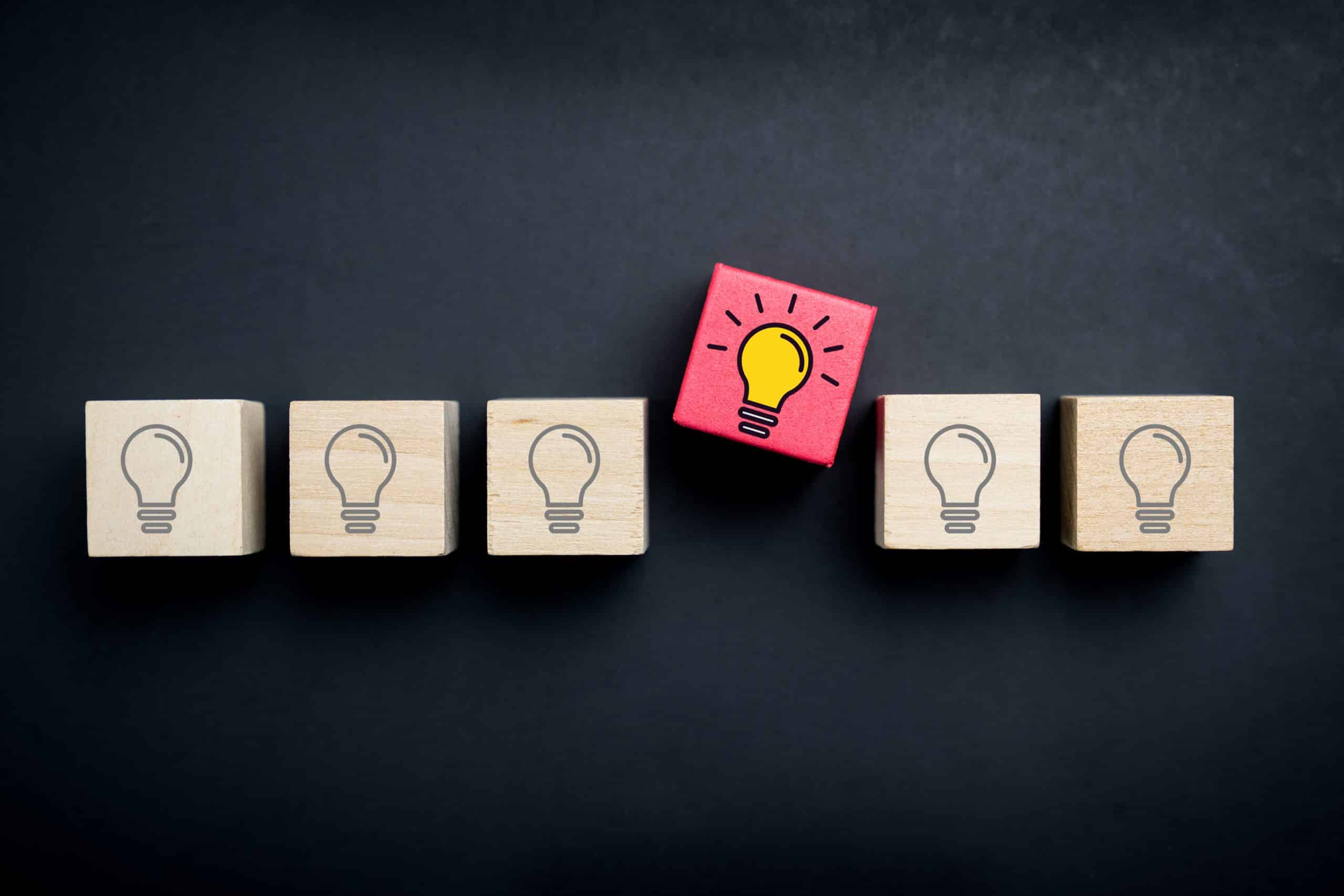In the pursuit of sustainability, the technology industry has given birth to innovations that significantly contribute to energy efficiency. These innovations, incorporated into smart home systems, provide homeowners with a level of control over their energy use, unprecedented in human history. They have transformed ordinary homes into smart homes, where energy consumption is managed effectively and efficiently.
This article will delve into the latest innovations in smart home energy systems – from solar energy solutions to smart devices and smart lighting systems. We will explore how these technologies are changing the way homeowners consume and manage energy to achieve better sustainability, increased efficiency, and reduced energy costs.
A lire également : How Is Deep Learning Being Used to Enhance Features in Smartphone Cameras?
The Rise of Solar Energy Solutions in Smart Homes
The adoption of solar energy solutions in homes has been on the rise, revolutionizing the way homeowners generate and use power. This technology harnesses the power of the sun to generate electricity for homes, offering a renewable source of energy that is not only efficient but also environmentally friendly.
Solar energy systems have advanced significantly over the years, and the latest innovations are making this technology more accessible and efficient than ever before. One such innovation is the integration of solar energy systems with smart home technology. This allows homeowners to monitor and control their solar energy use in real time using smart devices, improving the overall efficiency of the system.
Sujet a lire : What Are the Impacts of Virtual Reality on Enhancing Surgical Training in Medical Schools?
Advanced solar panels, coupled with smart inverters and battery storage systems, are allowing homeowners to generate, store, and use solar power with increased efficiency. These smart solar energy systems can be controlled remotely, providing homeowners with real-time data on energy generation and consumption. This enables homeowners to make informed decisions about their energy use, ultimately leading to increased efficiency and sustainability.
Smart Devices and Their Role in Energy Efficiency
Smart devices are at the heart of the smart home revolution. They offer homeowners the ability to control and monitor various aspects of their homes remotely, including energy usage. These devices, connected to the internet, provide real-time data that can help homeowners manage their energy consumption more effectively.
Smart thermostats are one of the most popular energy-saving smart devices. These devices allow homeowners to control the temperature of their homes remotely, and they can also learn the homeowner’s schedule and preferences to adjust the temperature accordingly. This can lead to significant energy savings, as heating and cooling often account for a large portion of a home’s energy use.
Another noteworthy innovation in this space is smart plugs. These devices allow homeowners to control and monitor the energy usage of individual appliances. They can schedule appliances to turn on or off at specific times or even automatically turn off appliances that are not in use, leading to increased energy efficiency.
Smart Lighting Solutions for Efficient Energy Management
Lighting is a significant part of a home’s energy consumption, and smart lighting solutions are helping to reduce this significantly. These systems allow homeowners to control their home’s lighting remotely, set schedules, and even adjust the brightness levels to save energy.
One of the latest innovations in smart lighting is the use of LED bulbs. These bulbs consume significantly less energy than traditional incandescent or CFL bulbs and have a much longer lifespan. When coupled with smart technology, LED bulbs can be controlled remotely, dimmed, or scheduled to turn on or off, further increasing their energy efficiency.
Another advancement in this space is the use of sensors in lighting systems. Motion, ambient light, and occupancy sensors can automatically turn lights on or off depending on the presence of people or the level of natural light in the room. This helps to ensure that lights are not left on unnecessarily, leading to energy savings.
The Future of Smart Home Energy Management
As technology continues to evolve, the potential for energy efficiency and management in smart homes is only set to increase. Artificial intelligence (AI) is one of the most promising fields in this regard. AI can analyze patterns in energy usage and make recommendations or automatic adjustments to maximize efficiency.
One of the most exciting advancements in this area is the development of AI-powered energy management systems. These systems can analyze a home’s energy use, identify inefficiencies, and make adjustments to improve efficiency. For instance, they can identify when an appliance is using more energy than necessary and adjust its settings or suggest a replacement.
Furthermore, the integration of renewable energy sources with AI-powered management systems is set to revolutionize the energy landscape. These systems can manage the generation, storage, and use of renewable energy more effectively, leading to increased efficiency and sustainability.
The adoption of smart home energy systems is a significant step towards a more sustainable future. These systems offer homeowners greater control over their energy use, allowing them to reduce their environmental impact and save on energy costs. As technology continues to advance, the potential for energy efficiency in smart homes is only set to increase. And with the world increasingly prioritizing sustainability, the adoption of smart home energy systems is not just a trend—it’s the future.
The Incorporation of Smart Meters and Energy Star Appliances
The integration of smart meters into home energy systems is another fascinating innovation. Smart meters are digital devices that record the amount of electricity, gas, or water used in a home. They relay real-time information to homeowners via internet connectivity, providing detailed insights into energy consumption patterns.
Homeowners can use this information to identify peak periods of energy use, inefficient appliances, and habits that contribute to high energy consumption. By addressing these issues, homeowners can achieve significant energy savings and enhance their home’s sustainability.
Energy Star appliances also play an essential role in smart homes. These appliances are designed to meet strict standards set by the U.S. Environmental Protection Agency and the U.S. Department of Energy for energy efficiency. They use less energy, reduce greenhouse gas emissions, and are often more durable than non-certified appliances.
Incorporating Energy Star appliances into smart home systems can further enhance energy efficiency. For instance, a smart refrigerator can alert homeowners when the door is left open, minimizing energy wastage. Similarly, a smart dishwasher can be scheduled to run during off-peak energy periods, resulting in lower energy costs.
The Conclusion: Moving Towards a Sustainable Future
In conclusion, the latest innovations in smart home energy systems are redefining energy usage and sustainability. They provide homeowners with the tools and technology to control and reduce energy consumption, leading to substantial energy savings and a positive environmental impact.
The rise of solar energy solutions, from advanced solar panels to smart inverters and battery storage systems, has empowered homeowners to harness renewable energy effectively. Smart devices, like smart thermostats and smart plugs, offer real-time data to manage energy use more efficiently. Smart lighting solutions, like LED bulbs and sensor-based lighting systems, help in reducing energy consumption significantly.
Additionally, the adoption of smart meters and Energy Star appliances gives homeowners precise insights into their energy usage patterns, enabling them to make informed decisions.
Perhaps the most exciting prospect lies in the integration of AI into home energy systems. AI’s ability to analyze patterns, identify inefficiencies, and make automatic adjustments holds great promise for the future of energy management.
The shift towards sustainable living is evident as we witness a steady growth in the adoption of smart home energy technologies. As homeowners, it’s an exciting time to embrace these innovations and contribute to a more sustainable and energy-efficient future. After all, smart home energy systems are not just about harnessing the power of technology—it’s about harnessing the power of sustainability.






